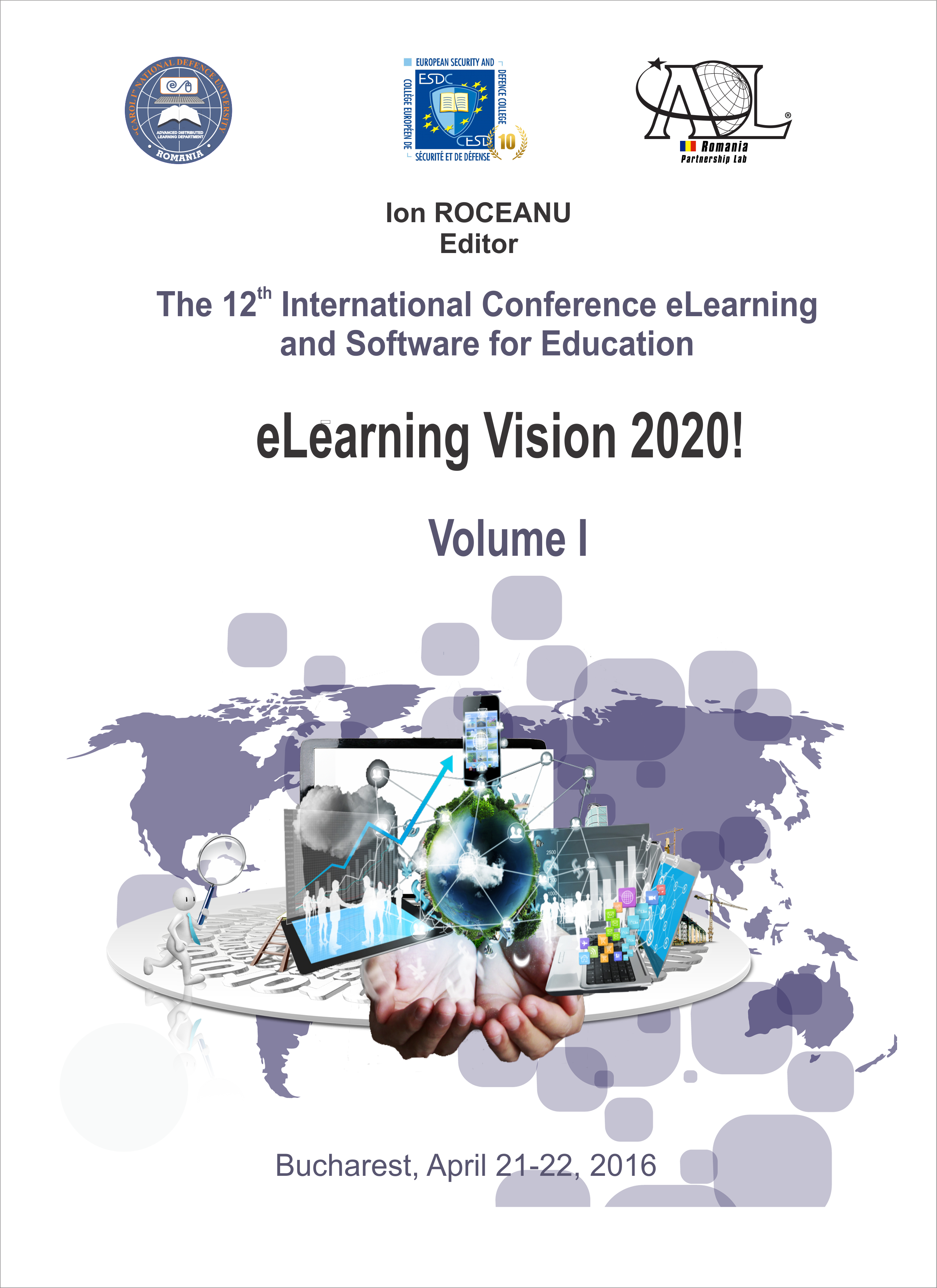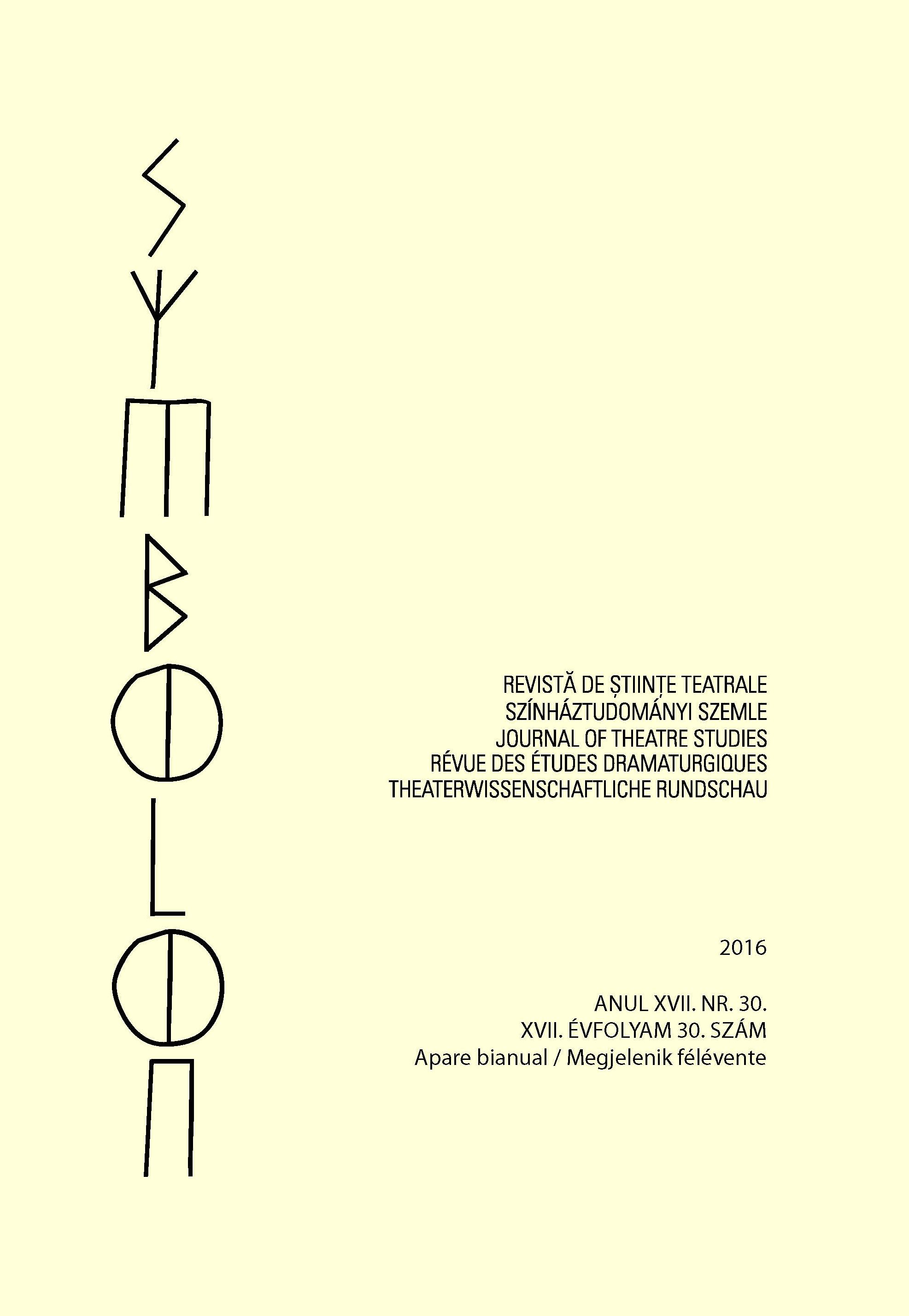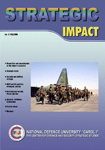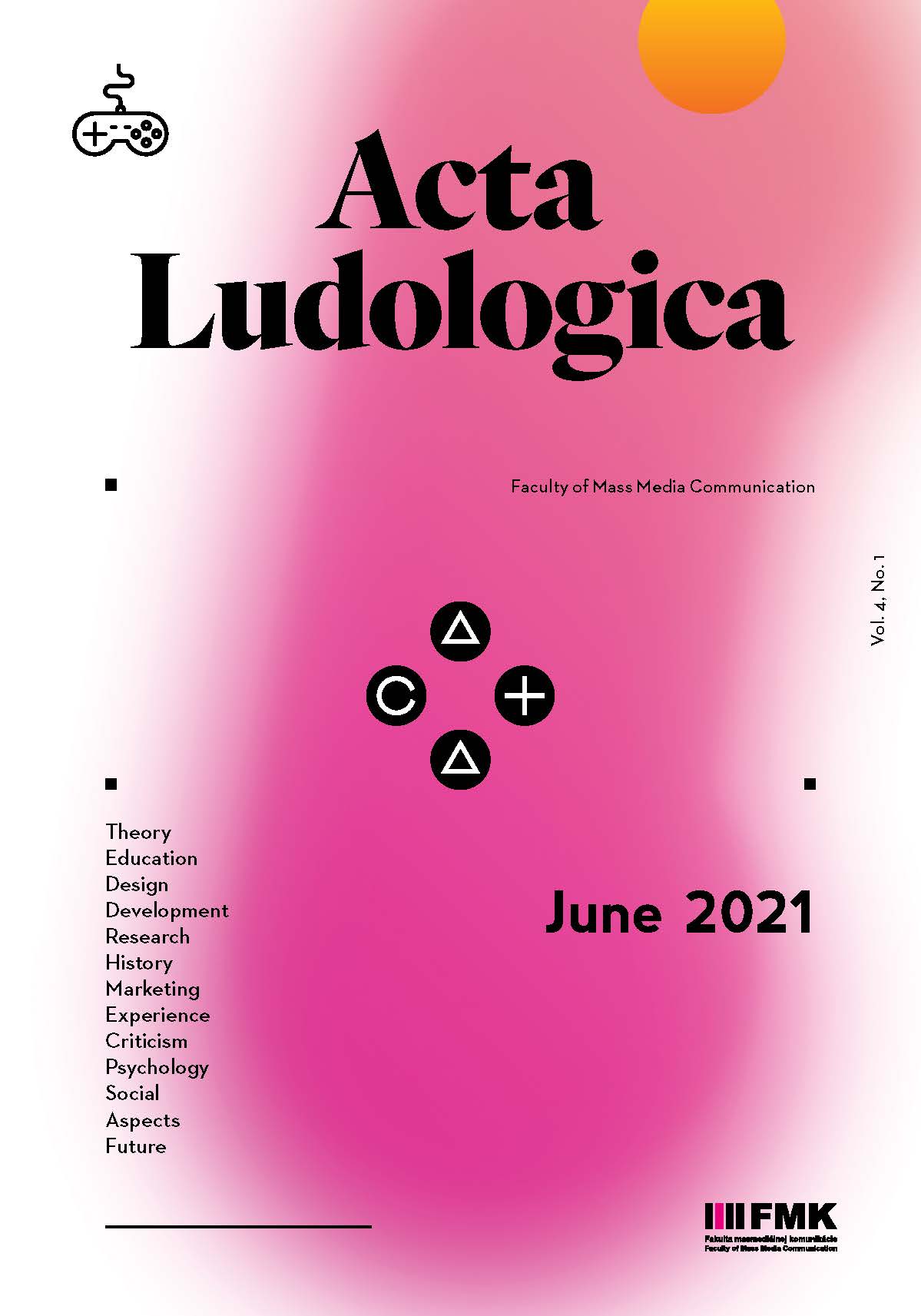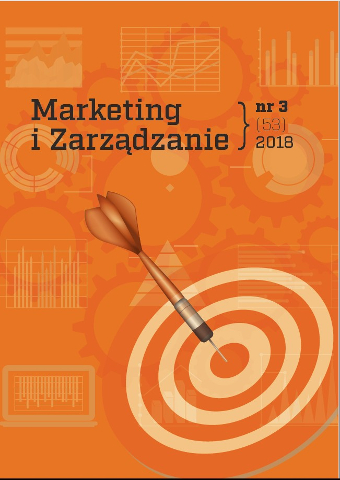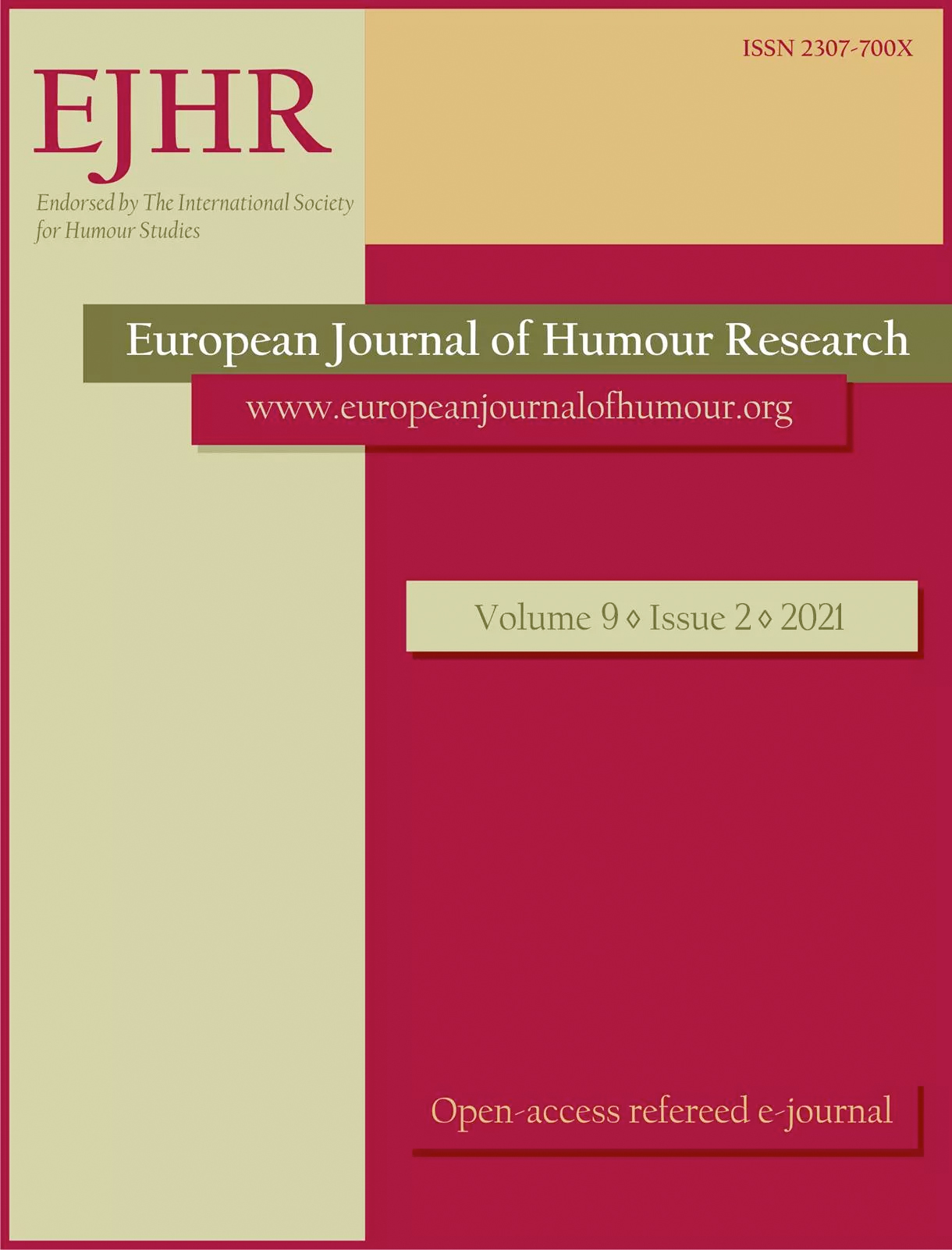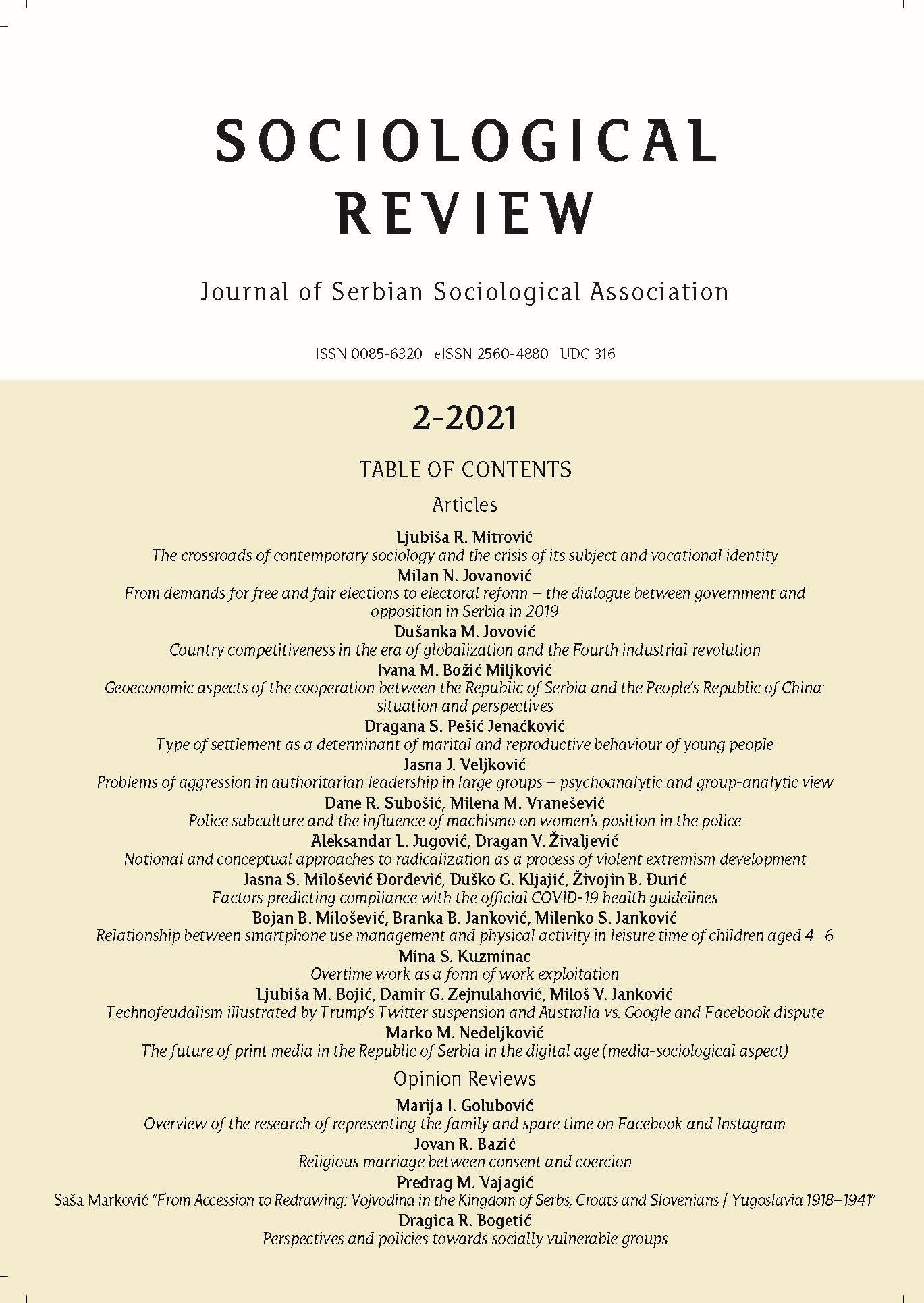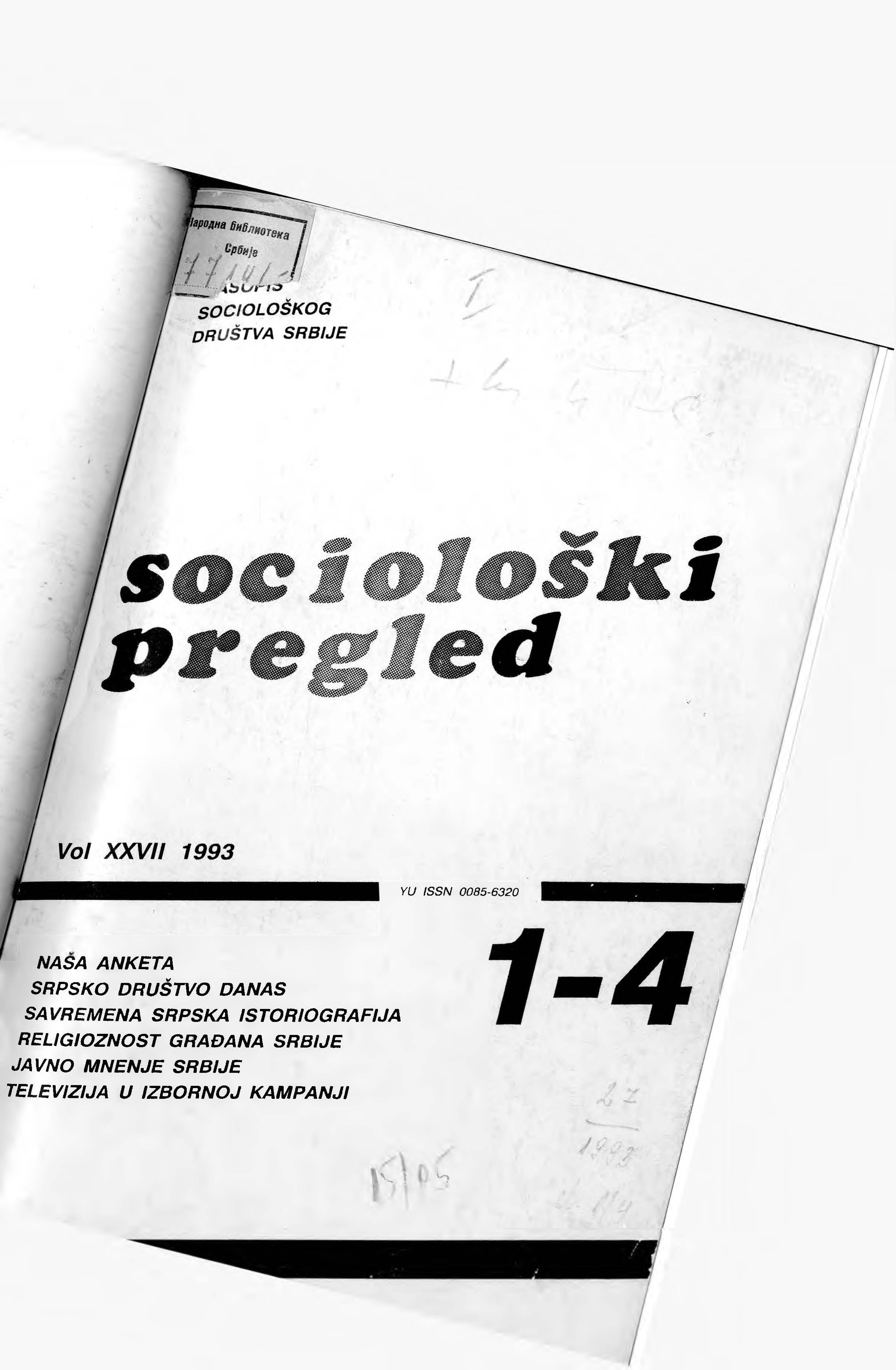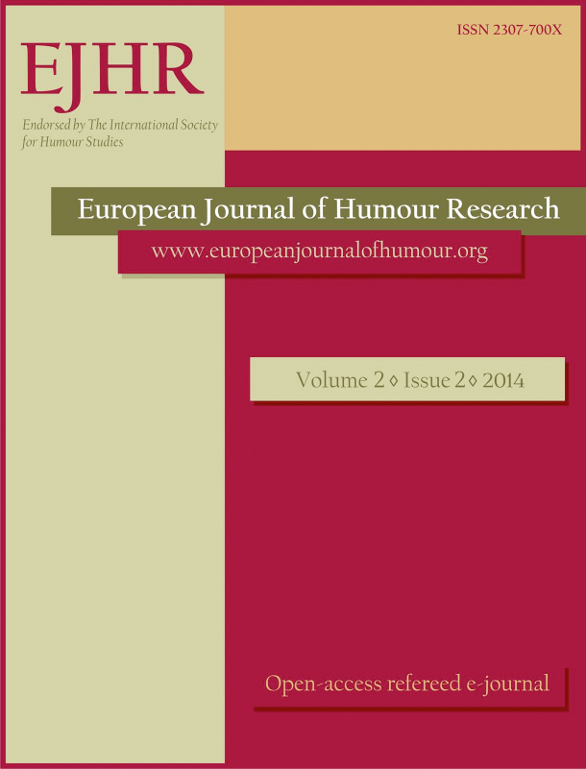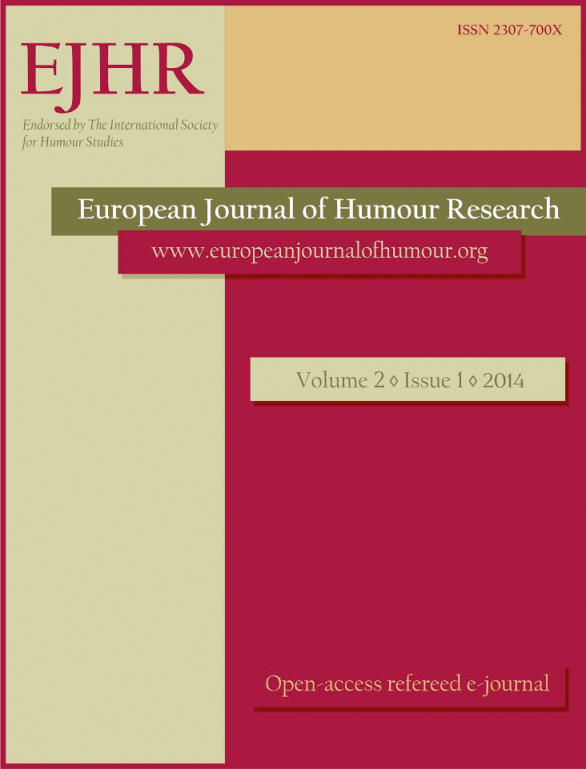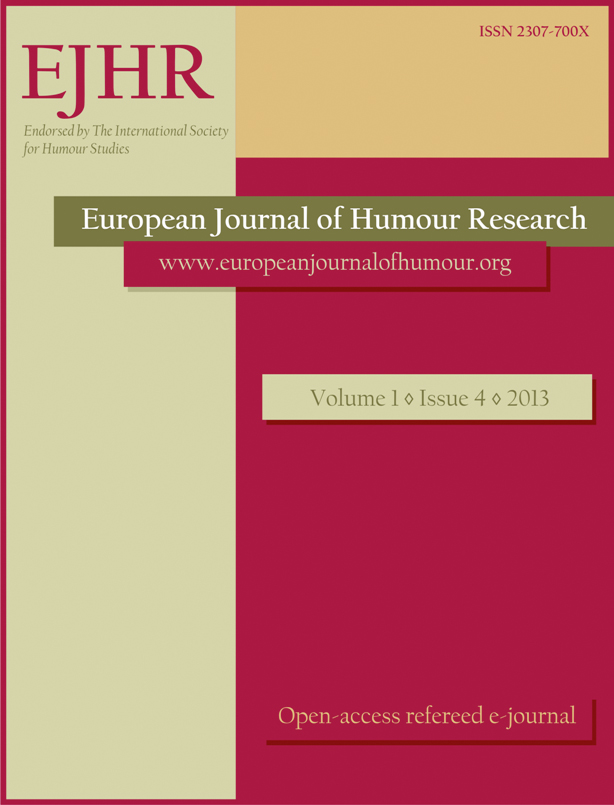Apológia: A közszolgálatiság szerepvállalása a későmodern média korában
In our presentation, we give an outline of the aspect public service aims to assume in the present era of late modern media in terms of involvement and contents. By looking into issues like the purpose of public service, its place in society and dual media system, its connection with market liberalism as well as its political independence, the presentation tries to demonstrate that, more than an economical, social and political issue, public service is rather a question of ideals and principles. Furthermore, our study intends to be a debate material trying to answer the question what public television and radio means today, how far they have gone on the road of democrati-zation and how social and political surveillance and media market situation evolve. Our analysis is aimed at the basic values and purposes of public service, where the question of the presumed failure of public media, its getting independent and fulfilling its purpose can be evaluated in terms of the functions of content supplying.
More...
